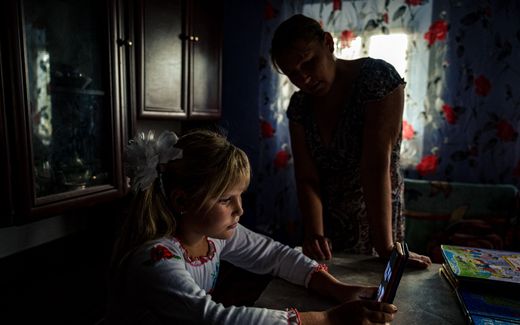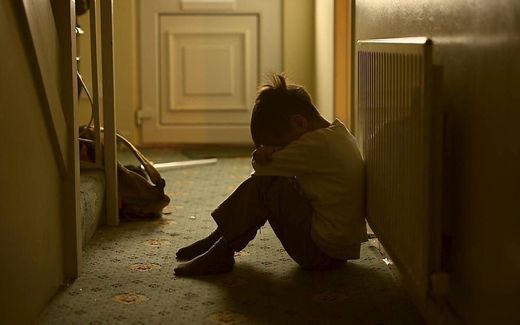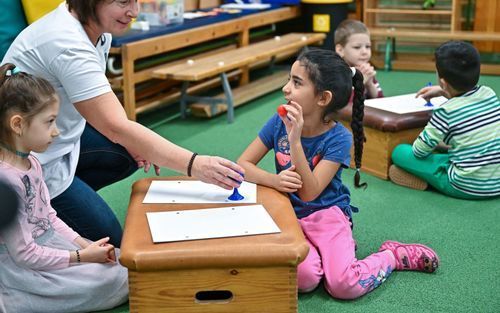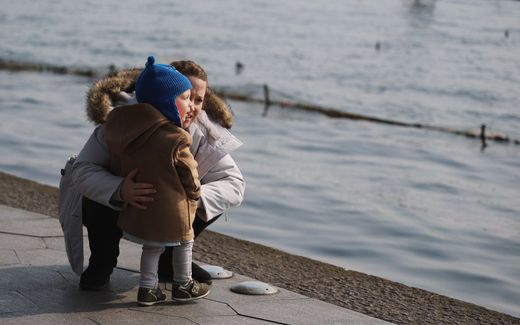Concerning Kids – The Helper
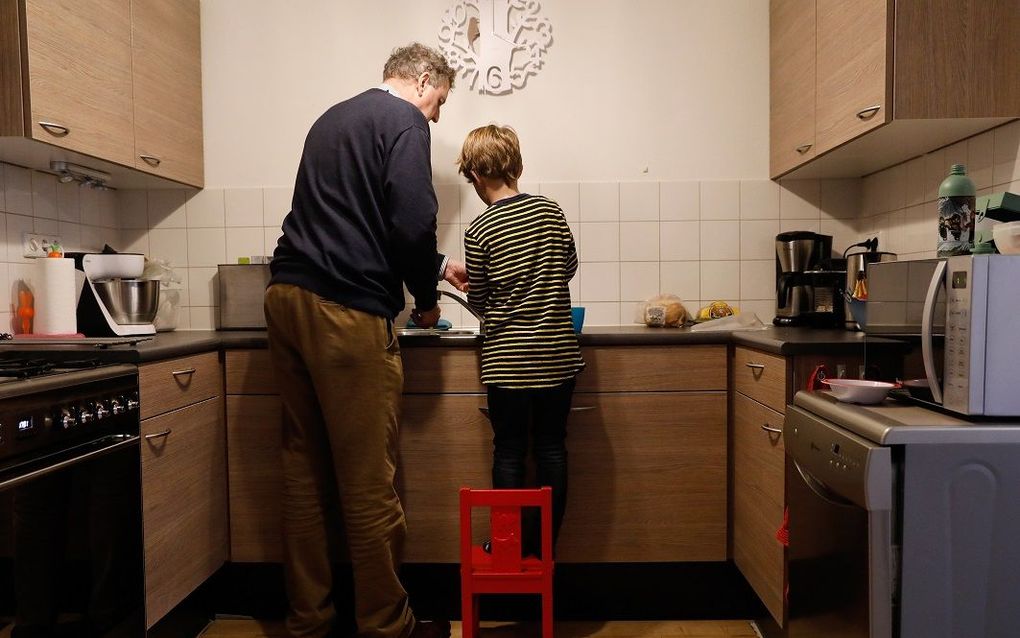
Photo ANP, Bas Czerwinski
Christian Life
Every time I come earlier to my friend Anna for any party, I see her doing the last preparations in the kitchen. She is very organised; she has many Post-it stickers with the tasks so that everything is remembered. She plans everything ahead of time and believes in order. At least, she used to think that until she gave birth to Mia.
Now Mia is five, and she is literally everywhere. But she is there “to help” whenever she sees adults doing something. Somehow kids tend to bring chaos wherever they go, even if they come “to help”. Anna had always strived for efficiency. But is there any efficiency when you are accompanied by a child who helps? In the end, Anna’s list gets bigger because now she has to wash Mia, change her clothes, clean the place (where the “helper” was working), and finish or redo the task.
Kids like to help, and they have the innate instinct to help. There was one research study done back in 1982 when the parents were asked to work more slowly, and if their child asked to help, the parents allowed them to. The result was amazing; all children wanted to help. The research study included kids as young as 18 months and as old as 30 months. Another research showed that older kids were not that open for help if they had the experience of being said “no” to their help efforts.
Kids usually want to help without any reward. Reward, in fact, proved to be a barrier to some kids. When a reward was offered, fewer children helped. When a reward wasn’t offered, more children participated. If we tend to reward the children every time they help, later, it might be hard to ask them to do anything free of charge. I see some teenagers who give hard times to their parents, they ask to be paid for their good grades, and the parents feel trapped.
Kids need to help at home. But let’s be honest. When a 3-year-old comes and says, “I want to help!” we might feel our heartbeat speeding up. When my friend Anna needs to do something fast, she struggles to say “yes” when Mia shows up in the kitchen. Still, she rarely says “no” when it comes to “life-or-death” moments. Usually, Mia is right there, “helping” and creating a mess as expected of a child. But the more often Mia helps, the better she performs those tasks.
It may feel overwhelming when we have deadlines and many other things in line, but a small investment in a child can help shape a better future for them. The long-term perspective of their better future is more important than short-term efficiency here and now.
About the author

Anna lives in Kyiv and runs an Evangelistic Children's Club. She is a Children's Ministry Coordinator in Eurasia with the organisation OneHope. Anna studied theology and is a guest teacher at the Kyiv Theological Seminary.
Related Articles


